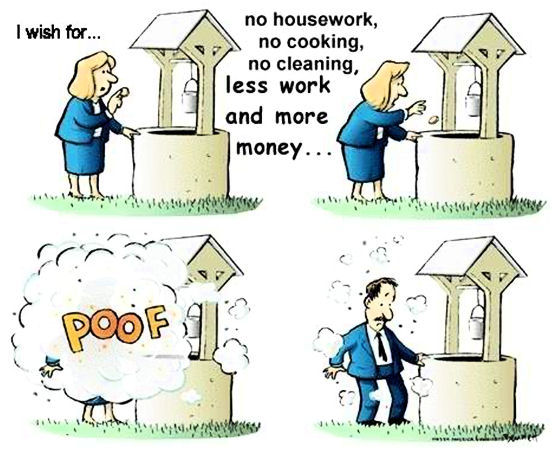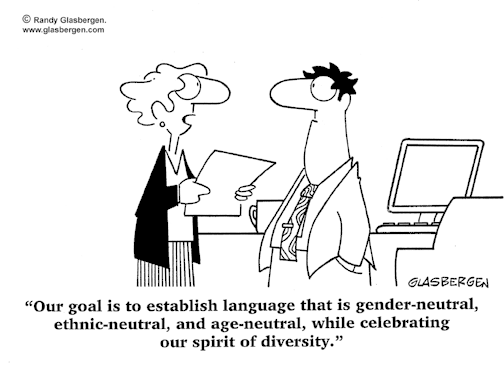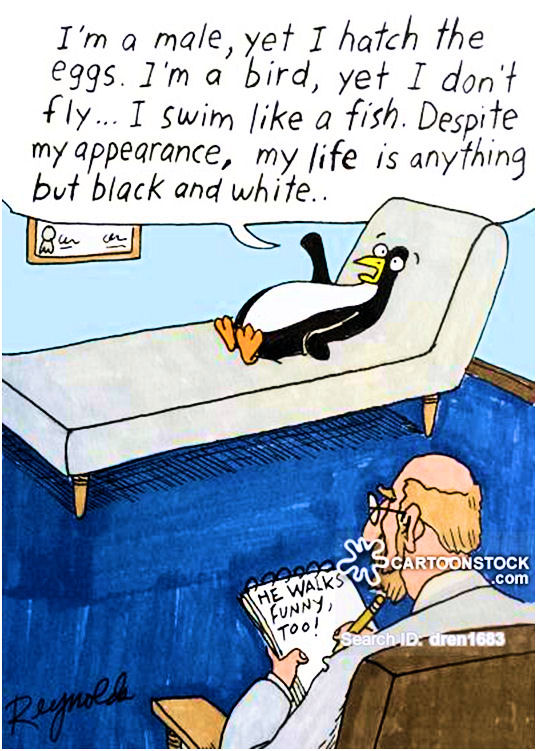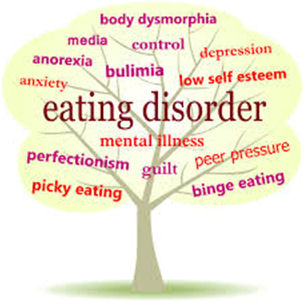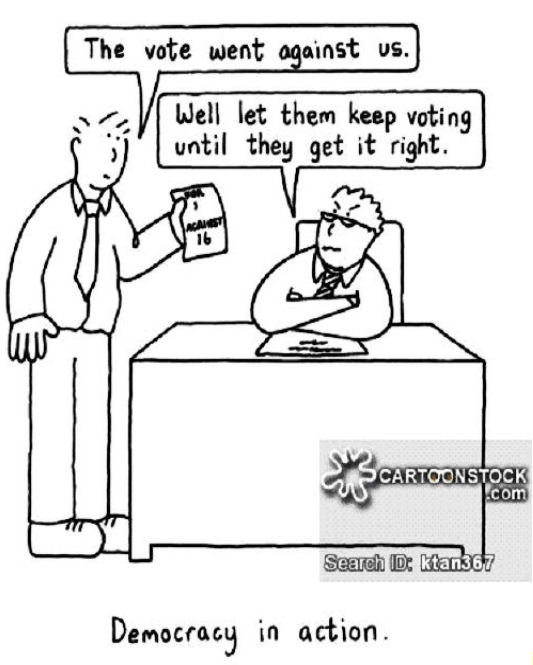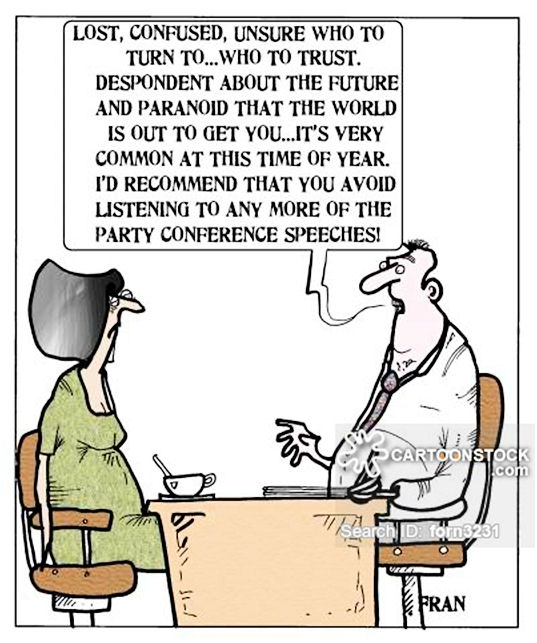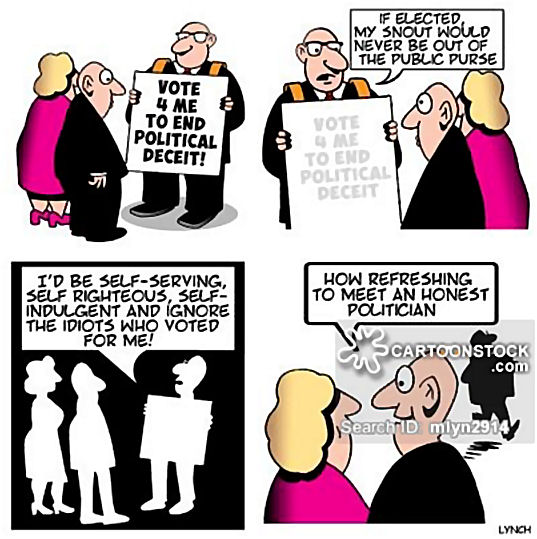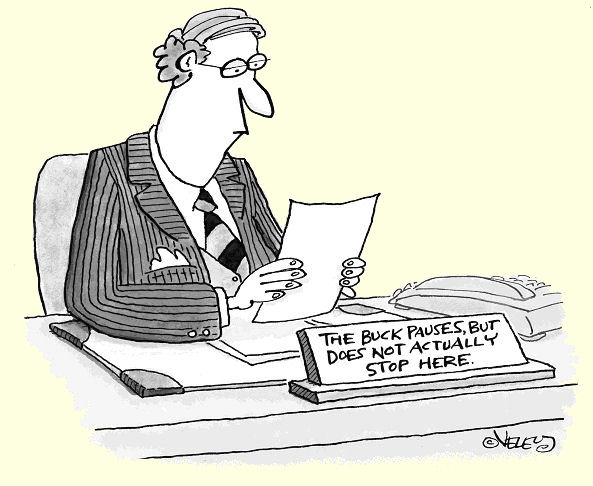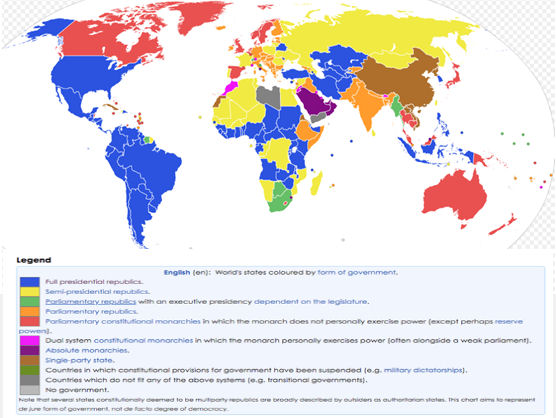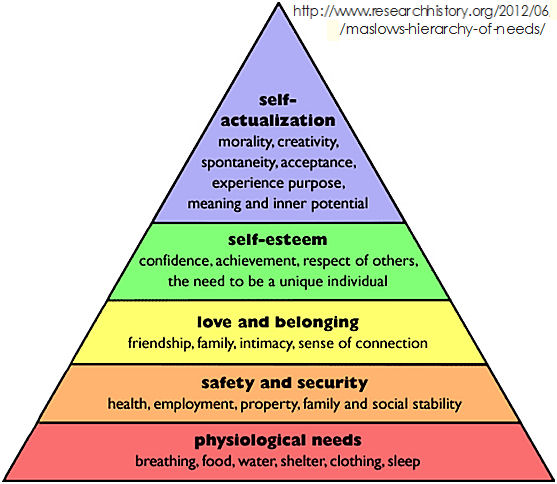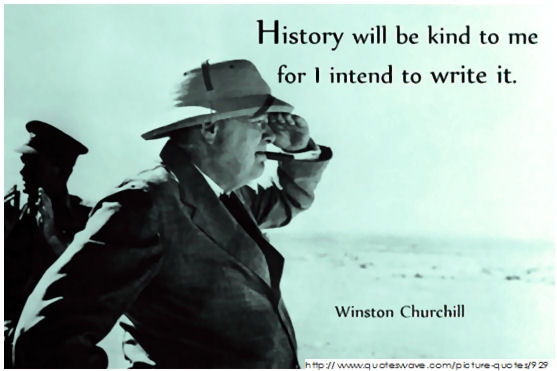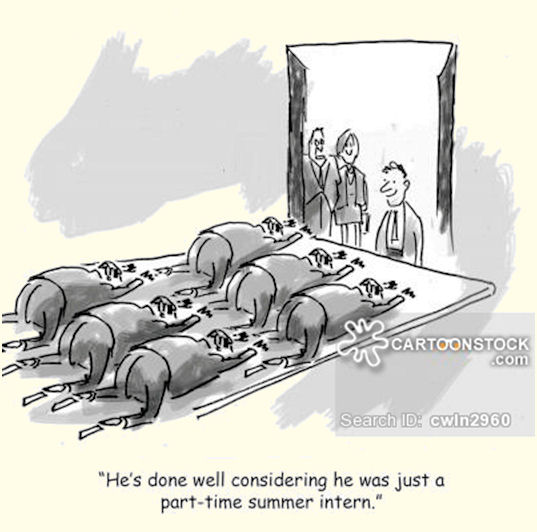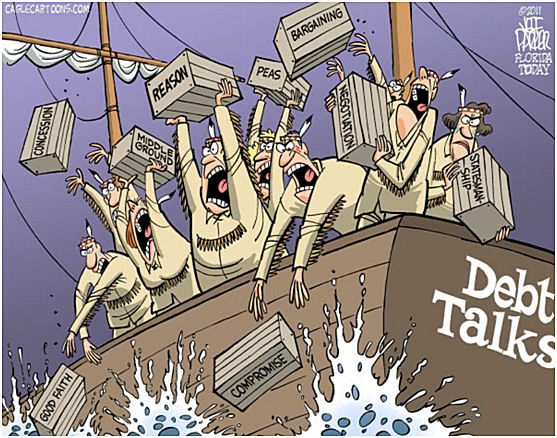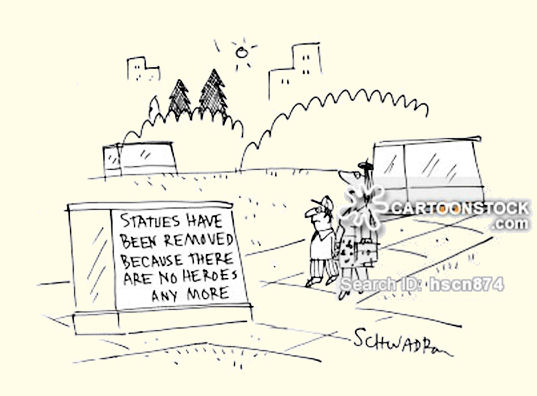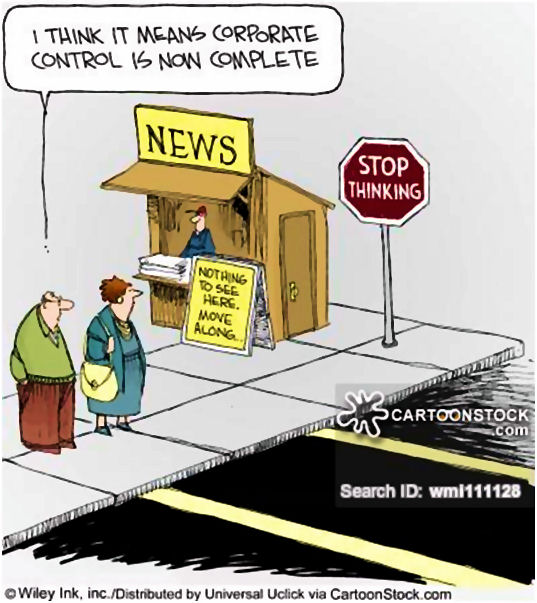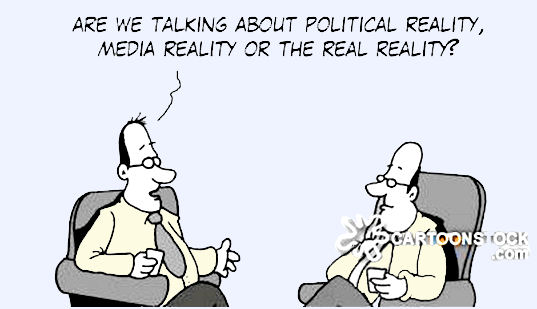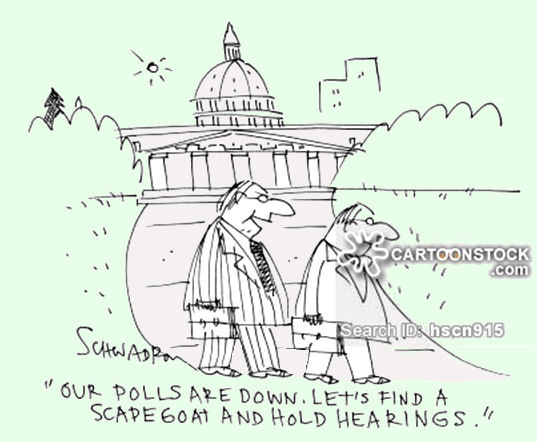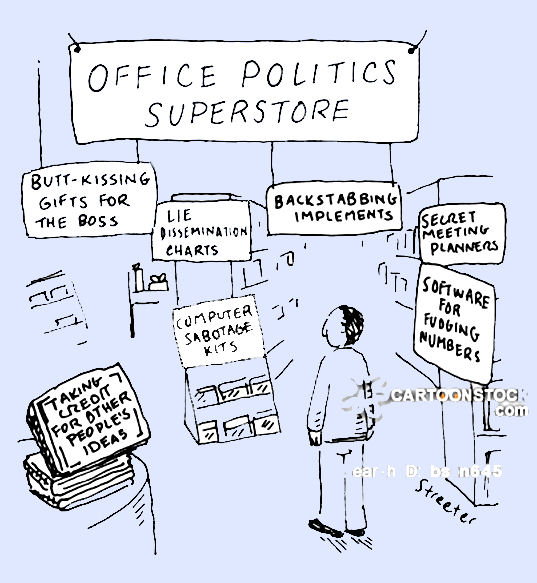CONSIDERING ABORTION LEGISLATION IN AMERICA
There’s an enormous amount of emotional investment in the question of fetal termination (abortion), especially in America and especially now. In 1973 The American Supreme Court decided women had the right to decide whether, or not, to carry a fetus to full term. Surprisingly, this decision was reversed in 2022. Many are celebrating this decision and many are grieving.
Without exploring the legal details, I would like to discuss the consequences of the belief that women should not, under any circumstances, have the legal right to terminate their own pregnancy. The overwhelming evidence is that those wishing to ban abortions’ only interest is in saving the fetus’ life. Let me be clear I am not saying these people don’t have aright to their own beliefs,, but what about the consequences of saving these fetus’. No one is talking about what happens to that fetus when it becomes a baby, child or grown up. No one is talking about the costs of an unwanted pregnancy, where a woman is then forced to carry that fetus to full term. And the costs are many and varied; physical, emotional and financial.
Those celebrating this legislation change seem to have no interest in what happens to this saved life and or those who are impacted by this new life. And that is where my concern really kicks in. If we are passionate about saving a life, surely we should have an interest in what happens to this life we’ve insisted be saved?
If we are literally forcing someone to have a child, they don’t wish to have, surely we should also put in some protective / supportive strategies as well. In the case of the mother, a pregnancy always affects her health and quality of life. In older times, and poorer populations, child bearing was the most frequent cause of death for women, by far. So the least we could do is provide adequate health care, nutrition, help around the house, income support…….whatever is needed. Additionally, where this is an unwanted child someone is being forced to bear, some kind of emotional and/or psychological assistance should be provided. And this is only the assistance needed during the pregnancy. What about when the fetus becomes a baby by being born?
An unwanted child is beginning life well behind the starting line. The home may be less loving, less well provided with an enriched environment and the parent, or parents, less prepared for the stresses of providing for this extra human in their care. Is this legislation effectively, setting this new person up to fail from before birth?
I suggest that if we insist a woman carries, inside her own body, an unwanted life, the least we can do is everything possible to ameliorate any negative impacts on both the mother and the resulting new person in our world. Instead of leaving them to potentially become statistics that show how our community is failing our fellow citizens.
At least one option that could be offered is to have this child provided with an alternative life to that with the birth mother. Surely the biological father should figure in this story somewhere? No one seems to talk about the responsibility of the male parent in this fetus’ life, future, conception! Don’t guilt the mother who doesn’t want this child, especially if the father isn’t also held responsible.
Finally, there is the desperation of someone who feels it’s impossible to parent this new life and seeks a non medically supported termination, at the risk of their own health and life.
Alison









 Above: Time Magazine cover of June 2018
Above: Time Magazine cover of June 2018  Above: Flag available as a ‘Keep America Great’ promotion in 2020
Above: Flag available as a ‘Keep America Great’ promotion in 2020 Above: Quotes and Tweets attributed to the American President in August 2019
Above: Quotes and Tweets attributed to the American President in August 2019